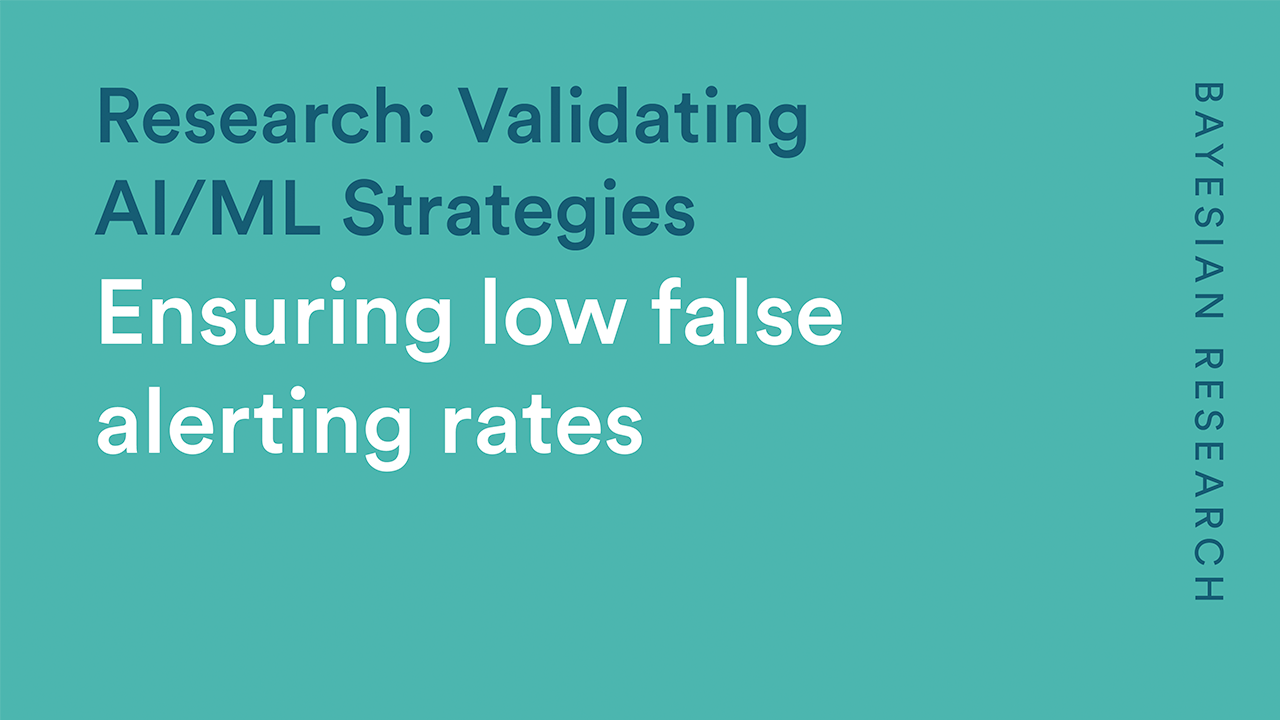Strategies Bayesian applies to Optimize Performance in its Predictive Models
Predicting events using clinical data is challenging because individual data points are often missing and/or noisy. For a given patient, input data are often collected at different times and with varying frequency. For any given measurement, the frequency can also vary between patients, often based on a clinician’s suspicion of potential complications. Learning strategies that do not account for this variation will be much less accurate. This study published in IEEE Transactions on Pattern Analysis and Machine Intelligence describes two solutions to this issue. The first is applying smart interpolation techniques that account for missing data based on patient context. The second is introducing a “Wait and Watch” policy that trades off delays in making predictions against the cost of false alerts. Compared to the standard approaches (e.g., logistic regression), these techniques achieve 3-4X higher sensitivity at comparable positive predictive value.
Bayesian Health applies these and many other leading-edge learning techniques to optimize performance and clinical actionability in our predictive models.
Scalable Joint Models for Reliable Uncertainty-Aware Event Prediction
Read the full paper here.


